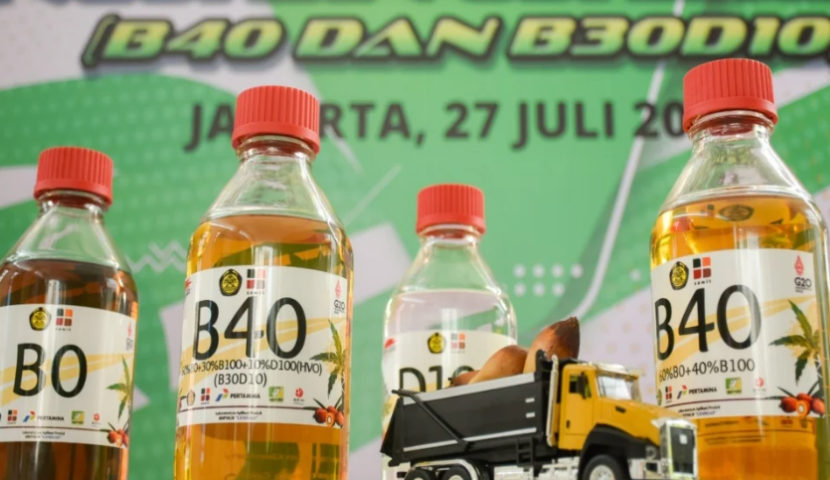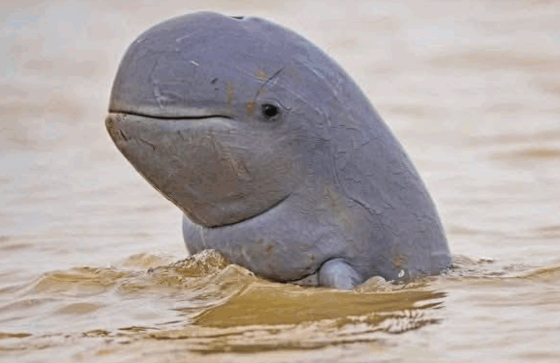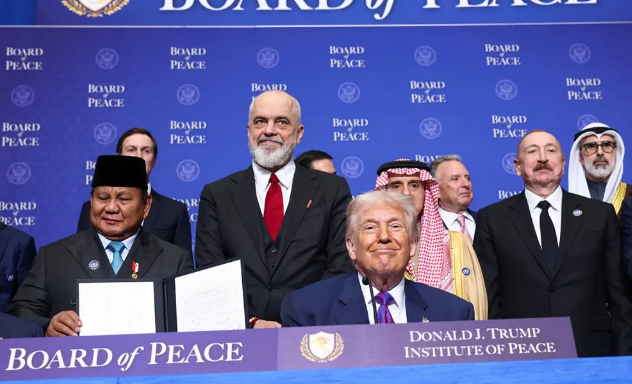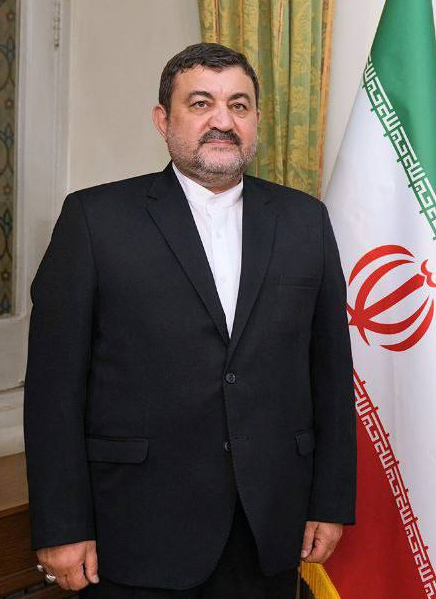
Indonesia’s recent WTO victory over the European Union highlights more than just a courtroom success. It shows how Jakarta can defend its industries while reducing dependence on China by broadening ties with the West. The case of EU’s biodiesel duties also demonstrates how protectionism and the global trade war shape Indonesia’s economic future.
WTO ruling against EU’s biodiesel duties
On August 25, the World Trade Organization decided that the EU’s 8–18 percent countervailing duties on Indonesian biodiesel broke global trade rules. These duties had crushed exports, which fell from 1.3 million kiloliters in 2019 to only 27,000 KL in 2024. With the ruling in its favor, Indonesia now has a real chance to regain access to the European market and revive a struggling industry tied closely to its renewable energy strategy.
A world shaped by tariffs
The case resonates far beyond biodiesel. Since Donald Trump’s return to the White House, tariffs have once again dominated global trade. His administration initially threatened tariffs as high as 32 percent on Indonesian exports, but a July 2025 deal set the rate at 19 percent as part of a reciprocal agreement in which Indonesia also opened its market to U.S. goods.
Trump’s tariffs are framed as a counter to China’s practices: dumping cheap products, manipulating its currency, and forcing foreign companies to hand over technology. The EU’s biodiesel duties may have had a different justification, but they fit the same protectionist pattern. For Indonesia, these policies highlight the risks of being caught in the crossfire of tariff wars.
Beyond China’s shadow
Indonesia has leaned heavily on Chinese trade and investment in the past decade. Beijing has poured money into nickel mines, battery plants, and infrastructure. But such reliance carries costs. It leaves Jakarta exposed to sudden changes in Chinese policy, opens the door to unequal competition, and risks tying national development to Beijing’s political calculations.
By restoring trade with Europe, Indonesia gains another option. Biodiesel is not just fuel—it is a bargaining chip. Adding stronger ties with the EU to ongoing deals with the U.S. and South Korea helps Indonesia prove that it does not want to live under a single partner’s shadow.
Building resilience in trade
This ruling shows how Jakarta can use international law to push back against unfair trade barriers while also positioning itself as a useful partner for Western economies. In a world where tariffs drive commerce, Indonesia is carefully balancing its choices: welcoming Chinese investment but also securing outlets in the U.S., Korea, and Europe.
Resilience in trade will come from this balance. China will remain important, but no country benefits from overreliance on one partner. The WTO decision on EU’s biodiesel duties is a reminder that Indonesia can defend its interests and diversify where it sells its green energy future.




